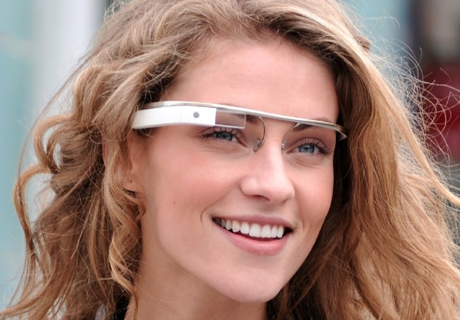Google’s Hologram Patent Opens Door for AR with Magic Leap
October 7, 2015
Google just received a patent, filed in March 2014, for using holograms in a head-mounted display such as Google Glass. In the months since the patent filing, Google has also led a $542 million funding round for Magic Leap, a Florida-based startup specializing in augmented reality, by which digital imagery is superimposed over the real world. But Google is mum on how — or if — it plans to marry the patent with its other technologies, most specifically Google Glass, and Magic Leap’s capabilities in AR.
TechCrunch reports that, in response to a query, Google stated, “We hold patents on a variety of ideas — some of those ideas later mature into real products or services, some don’t. Prospective product announcements should not necessarily be inferred from our patents.”
 Although Google Glass was received with mixed reviews, “due to the hardware’s clunkiness and lack of real-world utility,” the product is far from dead, says TechCrunch, which refers to Business Insider’s Jillian D’Onfro report that “Google is trying to revive the Glass initiative through what it’s calling Project Aura.”
Although Google Glass was received with mixed reviews, “due to the hardware’s clunkiness and lack of real-world utility,” the product is far from dead, says TechCrunch, which refers to Business Insider’s Jillian D’Onfro report that “Google is trying to revive the Glass initiative through what it’s calling Project Aura.”
TechCrunch is betting that the future will see Google reviving Glass and turning to Magic Leap for content, noting that the latter has filed for a number of trademarks for “forthcoming augmented reality content,” including characters, titles and games.
Magic Leap also released a demo video of how AR gaming could work. Magic Leap founder Mikhail Avady confirmed TechCrunch’s suspicions with his belief that, “Google wants Magic Leap to be the content provider for Google Glass.”
“If we look at their trademark applications, it shows very story- and content-based trademarks,” according to Avady. “Magic Leap wants to turn the world into a movie theater and Google wants it to be through Glass.”

No Comments Yet
You can be the first to comment!
Sorry, comments for this entry are closed at this time.